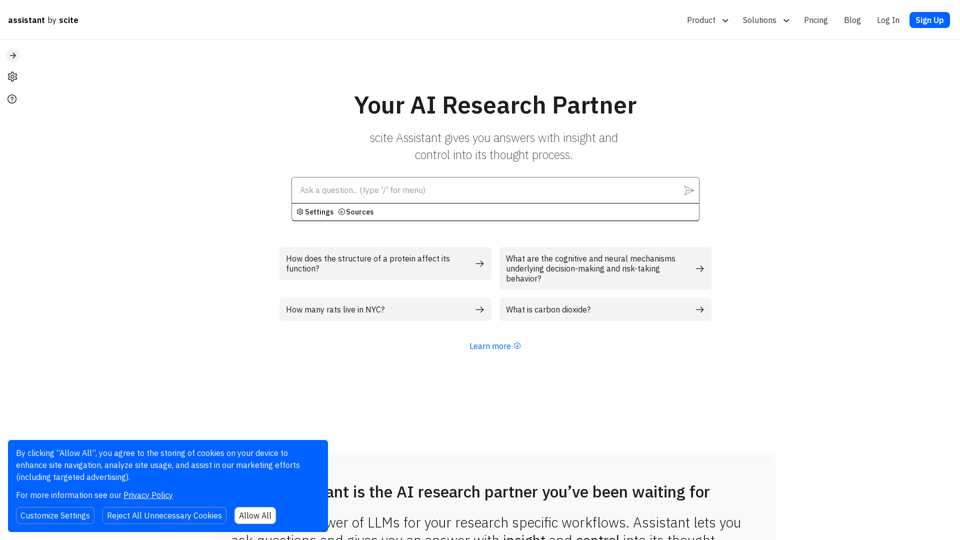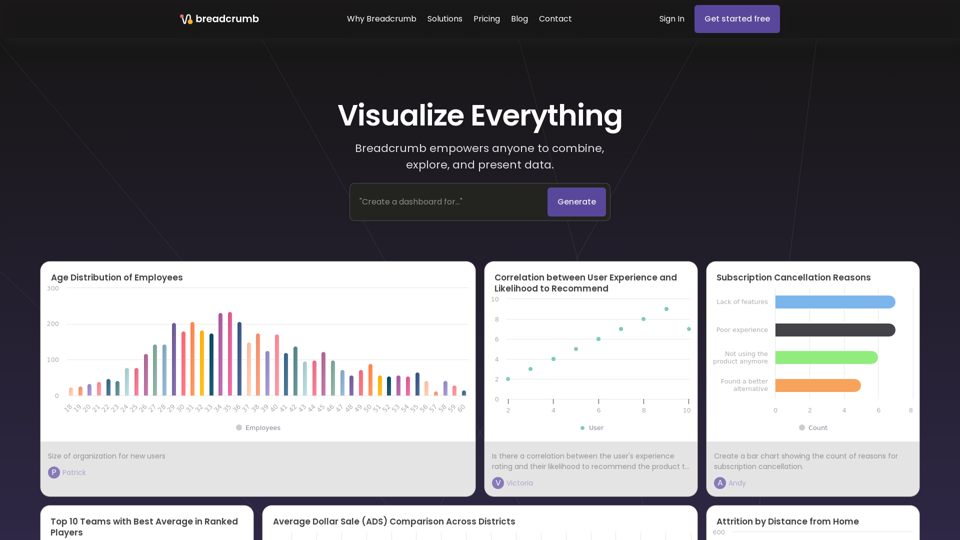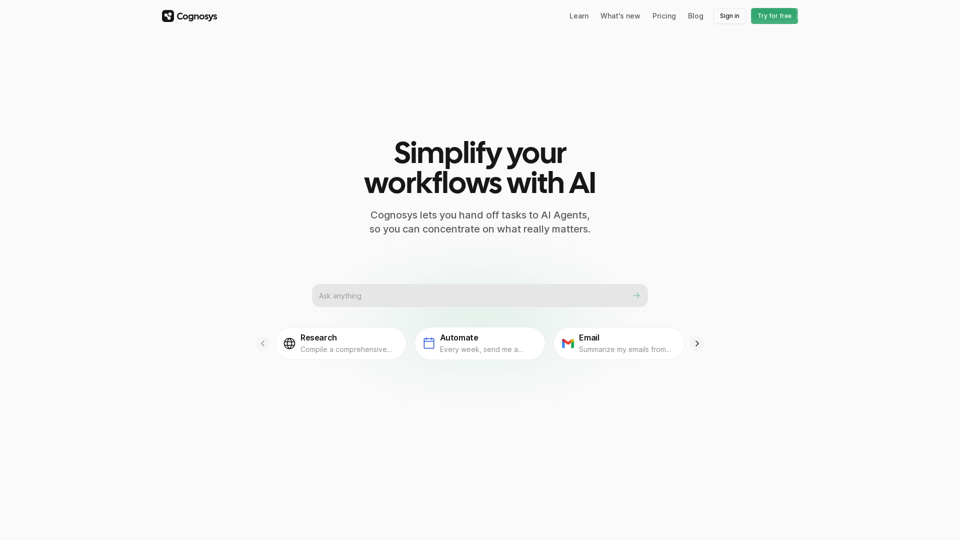¿Qué es la IA en la Preparación de Impuestos?
La Inteligencia Artificial (IA) en la preparación de impuestos se refiere al uso de tecnologías avanzadas para automatizar y optimizar el proceso de preparación y presentación de impuestos. Las herramientas de IA pueden manejar diversas tareas, desde la entrada de datos hasta el análisis complejo, reduciendo la carga de trabajo de los profesionales de impuestos humanos. Esta tecnología está transformando la industria fiscal al mejorar la eficiencia, precisión y cumplimiento.
Características Clave de la IA en la Preparación de Impuestos
- Automatización: La IA automatiza tareas repetitivas como la entrada de datos y el procesamiento de documentos.
- Análisis de Datos: La IA puede analizar grandes conjuntos de datos para identificar patrones y anomalías.
- Cumplimiento: Las herramientas de IA ayudan a asegurar el cumplimiento con las leyes y regulaciones fiscales en constante cambio.
- Reducción de Errores: Al minimizar la intervención humana, la IA reduce la probabilidad de errores.
Beneficios de la IA en la Preparación de Impuestos
Implementar la IA en la preparación de impuestos ofrece numerosas ventajas tanto para los profesionales fiscales como para sus clientes.
Mayor Eficiencia
- Ahorro de Tiempo: Automatizar tareas rutinarias permite a los profesionales centrarse en cuestiones más complejas.
- Procesamiento Más Rápido: La IA acelera el procesamiento de las declaraciones de impuestos, lo que lleva a resultados más rápidos.
Mejora de la Precisión
- Minimización de Errores: La IA reduce los errores humanos al manejar la entrada de datos y cálculos.
- Cumplimiento Consistente: Las herramientas de IA se actualizan continuamente con las últimas regulaciones fiscales.
Reducción de Costos
- Menores Costos Operativos: Al automatizar tareas, las empresas pueden reducir los costos laborales.
- Aumento de la Productividad: La IA permite a las empresas manejar más clientes sin aumentar el personal.
Cómo Usar la IA en la Preparación de Impuestos
Integrar la IA en los procesos de preparación de impuestos implica varios pasos para asegurar una implementación y operación exitosas.
Elegir las Herramientas de IA Adecuadas
- Selección de Software: Elija un software fiscal con IA que satisfaga las necesidades de su empresa.
- Compatibilidad: Asegúrese de que el software se integre sin problemas con los sistemas existentes.
Capacitación y Adopción
- Capacitación del Personal: Ofrezca sesiones de capacitación para que el personal se familiarice con las herramientas de IA.
- Implementación Gradual: Comience automatizando tareas simples y avance gradualmente hacia procesos más complejos.
Monitoreo y Evaluación
- Monitoreo Regular: Supervise continuamente los sistemas de IA para evaluar su rendimiento y precisión.
- Retroalimentación y Mejora: Recoja retroalimentación de los usuarios para mejorar la funcionalidad de las herramientas de IA.
Asegurar la Seguridad de los Datos
- Manejo Seguro de Datos: Implemente medidas de protección de datos sólidas para salvaguardar la información del cliente.
- Cumplimiento con las Regulaciones: Asegúrese de que las herramientas de IA cumplan con las leyes y regulaciones de privacidad de datos.
Desafíos y Consideraciones
Aunque la IA ofrece beneficios significativos, existen desafíos y consideraciones a tener en cuenta.
Seguridad de Datos
- Riesgo de Brechas de Datos: Los sistemas de IA deben estar protegidos contra posibles brechas.
- Preocupaciones de Privacidad: Asegúrese de que los datos del cliente se manejen en cumplimiento con las leyes de privacidad.
Precisión y Fiabilidad
- Limitaciones de la IA: Las herramientas de IA pueden no comprender completamente escenarios fiscales complejos.
- Supervisión Humana: Mantenga la supervisión humana para verificar los resultados generados por la IA.
Implicaciones Éticas y Legales
- Sesgo en la IA: Aborde los posibles sesgos en los algoritmos de IA que podrían afectar los resultados.
- Cumplimiento Legal: Manténgase informado sobre los requisitos legales para el uso de la IA en la preparación de impuestos.
Al comprender y abordar estos desafíos, los profesionales fiscales pueden aprovechar efectivamente la IA para mejorar sus servicios y ofrecer un mayor valor a sus clientes.



















